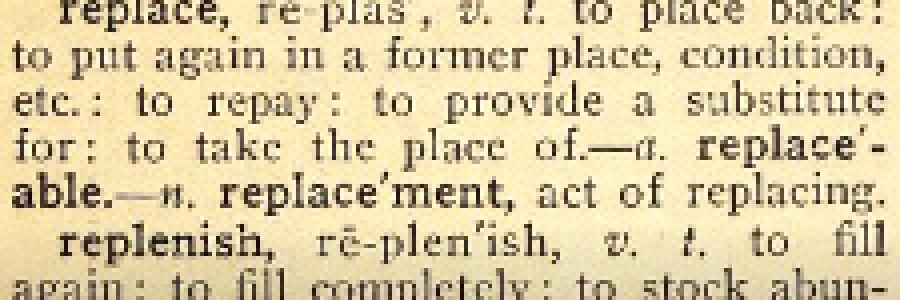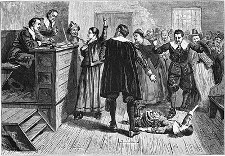“Replacement Theology” - Is It Wrong to Use the Term? (Part 7)
Read the series so far.
Gary Burge: Replacement Theologian
The name of Gary Burge of Wheaton College is familiar to many Christians who teach eschatology that includes the restoration of the remnant of the nation of Israel, but not for positive reasons. His positions on Israel, fueled in large part by his associations with the anti-Israel group Kairos USA, Naim Ateek, Stephen Sizer, and Pro-Palestinianism in general, hardly encourage fuzzy feelings. On the theological front, Burge freely speaks of spiritualizing and reinterpreting Scripture. Not surprisingly, Burge is a convinced replacement theologian.
For as we shall see (and as commentators regularly show) while the land itself had a concrete application for most in Judaism, Jesus and his followers reinterpreted the promises that came to those in his kingdom. (Gary M. Burge, Jesus and the Land, 35)



Discussion